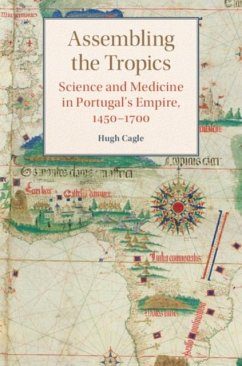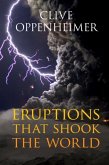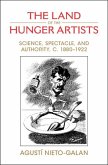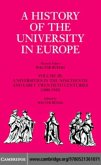From popular fiction to modern biomedicine, the tropics are defined by two essential features: prodigious nature and debilitating illness. That was not always so. In this engaging and imaginative study, Hugh Cagle shows how such a vision was created. Along the way, he challenges conventional accounts of the Scientific Revolution. The history of 'the tropics' is the story of science in Europe's first global empire. Beginning in the late fifteenth century, Portugal established colonies from sub-Saharan Africa to Southeast Asia and South America, enabling the earliest comparisons of nature and disease across the tropical world. Assembling the Tropics shows how the proliferation of colonial approaches to medicine and natural history led to the assemblage of 'the tropics' as a single, coherent, and internally consistent global region. This is a story about how places acquire medical meaning, about how nature and disease become objects of scientific inquiry, and about what is at stake when that happens.
Dieser Download kann aus rechtlichen Gründen nur mit Rechnungsadresse in A, B, BG, CY, CZ, D, DK, EW, E, FIN, F, GR, HR, H, IRL, I, LT, L, LR, M, NL, PL, P, R, S, SLO, SK ausgeliefert werden.









